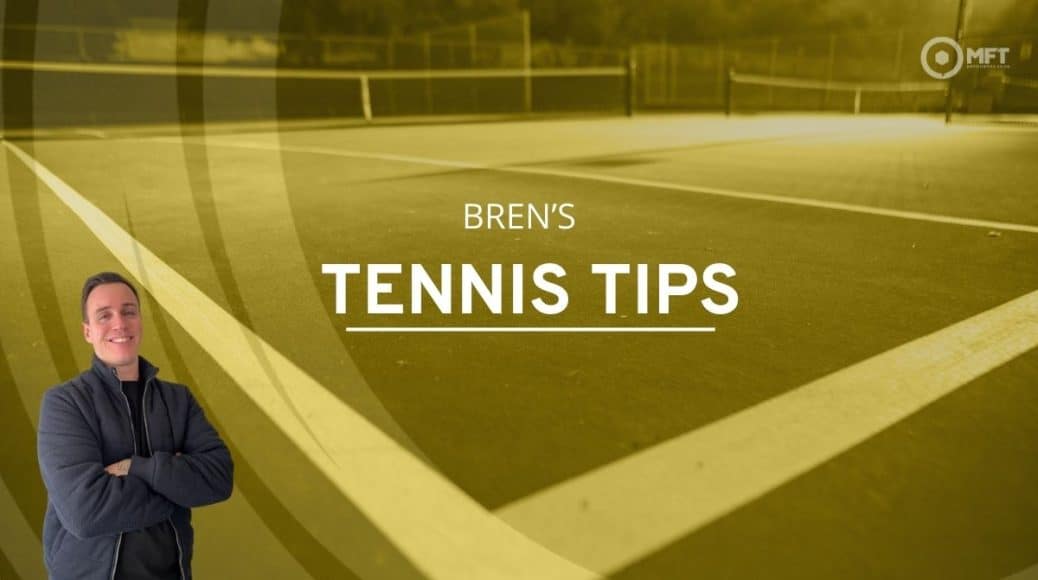Ice Hockey Nhl Predictions? Here Are 10 Suggestions To Help You Evaluate The Team’s Form And Performance.
In order to assess team performance and performance in the NHL the NHL, you need to mix stats with team dynamics and external variables. Here are 10 suggestions for making better predictions.
You can assess the current state of the team by examining their performance in the past 10 to 15 games. If you notice an upswing or a slump, it could indicate progress or problems in the future games of the team.
2. Review Head-to-Head record. See how your team did in recent matches against particular opponents. Certain teams have a distinct advantage, either strategically or psychologically. This could be an impact on the final result.
3. Examine home and Away Records: Teams often perform differently at home as opposed to when they are on the road. Analyze how a team performs at home versus away games to assess potential advantages or disadvantages.
4. Review the injuries suffered by players and suspensions. Both suspensions and injuries have an impact on performance. Review the current health of the players who are key to the team, and then consider how their absence or return will affect the team.
5. Examine Team Statistics: Look at the most important metrics, such as goals scored as well as goals versus, power play percentage, and penalty kill percentage. Advanced statistics such as Corsi, Fenwick and other advanced metrics can provide additional insight into the team’s performance.
6. Goaltender performance is crucial It’s crucial to analyze the effectiveness of your goalie. Check out recent games to determine if the goalie is performing well and take into consideration factors such as the percentage of saves, goals against average and the recent results of games.
7. Watch Team Chemistry and Lines Changes: Changes in line combinations and team chemistry can influence performance. Be aware of how the new defensive pairings or lines are performing, and whether there have been any recent changes.
8. Take a look at the Strength of Schedule. Evaluate the level of the teams that the team has recently played. The team might have had impressive results in opposition to weaker teams. This could lead to a false impression of their real form.
9. Look for external factors. Be aware of external influences like travel schedules and back-to-back games. External factors can affect the ability of a team to perform and can even affect the outcome of games.
10. Follow the Team News & Analyst Opinions : Keep up-to-date with the latest team news and analyst opinions, such as the coaching strategies and insider opinions. Analysts often provide valuable insights into team dynamics and upcoming matchups that can inform forecasts.
Combining these strategies will give you a better understanding of the team’s performance and form, allowing for more accurate and informed predictions. Check out the recommended Ice Hockey NHL Picks Straight Up for blog info including flyers hockey games, hockey score, hockey nhl news, ice hockey red wings, nhl hockey all stars, ice hockey games today, hockey ottawa senators, nhl hockey all stars, 24 nhl, nhl hockey logo and more.

10 Ways To Evaluate Head-To-Head Matchups Before Making Ice Hockey Nhl Predictions
It is crucial to evaluate head-tohead matches to make accurate NHL predictions. Here are 10 steps to help you assess these matchups:
1. Review recent head-tohead records: Examine the results of recent matches between both teams. This includes the record of wins and losses goals-to-goal ratio, as well as any changes that have occurred in the performances of both teams in the last two seasons.
2. Check the performance over time of each team’s performance over time. Some teams perform consistently well against certain opponents because of the past’s success or match-up advantages.
3. Analyze the recent form of each team, as well as their performance. Teams that are on a winning streak or who have been performing well recently may have the psychological edge.
4. Review the performance of every team in both home and away. Certain teams are better when they are at home.
5. Examine key player matchups : Examine how the top players from each team play with respect to their opponents. Certain forwards have scored against a certain goalie or defenseman in the past.
6. Review Special Teams ‘ Performance: Look at how each team’s power plays and penalty kill teams perform against the opponent. Special teams be a significant factor in head-tohead matches.
7. Examine the Coach’s Strategies and Adjustments. Coaches may employ certain strategies to counter weaknesses or exploit strengths.
8. Take into consideration injuries and recent roster Changes. Consider the effect of injuries or recent roster change on the matchup. New players and absence of key players could tilt the balance of play to one side.
9. Examine the location factors. Take into consideration the effects of fatigue from travel, the impact of playing in a different time zone, or the time of the event. These can affect team performance when playing head-tohead games.
10. Review the previous matchup statistics: Analyze detailed statistics from previous games, including winning faceoffs, shots on goal, and time zoned. These stats could reveal trends or other factors that led to the previous outcomes.
These tips can help you make better NHL predictions by including them in your analysis. Follow the top rated Predictions Ice Hockey for more advice including hockey ottawa senators, nhl hockey season starts, hockey news, ice hockey penguins, hockey score, nhl hockey all stars, hockey games tonight nhl, bruins rumors, games nhl tonight, news flyers and more.

Ice Hockey Nhl Predictions Can Be Improved By Studying The Special Teams.
It is important to assess special teams when making NHL predictions. Power plays and penalty kills can significantly impact the outcome of a game. Here are ten useful strategies for evaluating special teams.
Review each team’s Power Play (PP percent) as well as Penalty Kill (PK percentage) percentages. A high percentage of power play and strong penalty killing are indicators of successful special teams.
2. Review Recent Performance: Go through recent games to see whether the special teams in your team have performed well. The patterns of recent successes or struggles can give insights into the team’s current performance.
3. Review the special team of your opponent’s stats: Determine how the team will do in the field of play against the upcoming opponents. Comparison of the power play and penalty-kill stats can reveal strengths or weaknesses.
4. Assess the performance of players under high pressure Situations: Take into account how the team performs during crucial moments like games that are close or in late game situations. Clutch play is an important factor during tight games.
Review recent adjustments to special teams Check any recent adjustments in strategies for special teams, including new power play plans or penalty killing strategies. Recent changes can impact performance.
6. Check the effectiveness and efficiency of the main players of both the penalty kill and power play units. The success of special teams is greatly affected by power play quarterbacks.
7. Examine recent injuries or roster Changes: Consider how injuries or roster changes might impact special teams. While new players might be able to improve the efficiency of penalties or power plays kills, the absence of key players could cause them to be less effective.
8. Take into consideration the road and home performance: Compare the performance of the Special Teams of your team at home and their road performance. Certain teams may have greater results with their power plays and penalty kills in their home stadium, due to their familiarity with the area and support from fans.
9. Faceoff victories are critical for special teams to be effective particularly in power game. The team’s performance during faceoff situations will impact the performance of their special team.
10. Look for trends in Special Teams Goals: Track changes in the amount of goals scored and the number allowed by special teams. Teams that score or allow regular goals for special teams may have particular strengths and weaknesses which could affect their future games.
By following these tips you can get a better knowledge of how players from special teams influence the outcome of games, allowing you to make NHL predictions that are more accurate.








